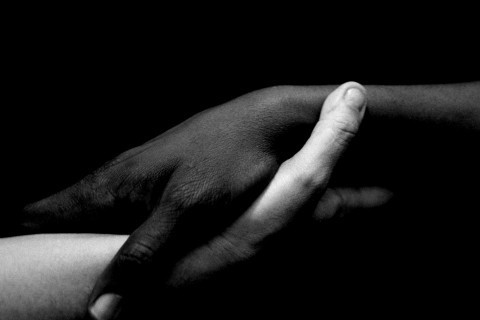
Looking up from my coffee last week, I noticed the flags were at half mast on Brooklyn’s Borough Hall. New York and the rest of America was mourning the loss of a hero. On July 5th, Lieutenant Gordon M. Ambelas of the New York City Fire Department died from smoke inhalation and burns in the line of duty. His funeral, several days later, was attended by over 7,000 firefighters from St. Louis, Philadelphia, Boston, and Providence. The story made the front page of several local newspapers and was widely covered by national outlets as well.
The same July 4th weekend, 82 people were shot and 16 were killed on the South Side of Chicago. Chicago officials like Rahm Emanuel took the opportunity to call for more gun control, but the national response was mostly a mixture of a shrug and a sigh. Are we just desensitized to violence in Chicago? It has become the national media poster child for urban violence in America, just as Los Angeles was in the nineties and New York City was in the eighties. There have been over 1,100 shootings this year alone, many due to gang violence. None of this is meant to minimize Lieutenant Ambelas’ tragic passing, but what does the muted response to Chicago’s internal turmoil say about our society’s expectations for cities? Would the response have been different if 84 citizens of The Gold Coast or Lake Shore East or the Lincoln Park neighborhoods had been shot?
It seems that everyone expects black deaths. Many in the inner city suspect it’s worse than that: most Americans don’t care when black people die. All Americans are desensitized to gun violence in black neighborhoods and view it as commonplace. The tragic reality is that the only deaths that receive attention are those that can be easily politicized. That is why the death of Trayvon Martin received so much attention. It also might suggest something about why the anniversaries of such tragedies do not get anything close to the coverage typically devoted to, for example, Michael Jordan’s birthday.
American society would prefer to ignore its dark underside, and so this awful series of events is already disappearing from news broadcasts. Relative indifference to mass black deaths in America is the status quo. It always has been. Which begs the unpleasant question: if a black person dies, does it even matter if everyone — if anyone — is around to see?